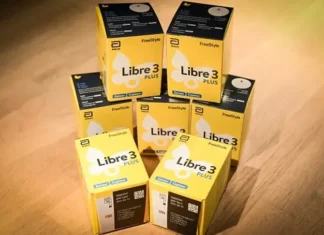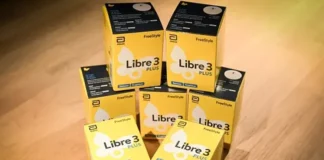
by Aziah Siid
To say that teachers deal with a lot of stress during the school year is an understatement.
Stress from managing lesson plans, managing unruly students, and managing pressure from politicians, school boards, and administrators. Then there are the extras they do but don’t get paid for: tutoring a struggling student after class, looking out for a kid who shows up to class hungry, or lending an ear to a child whose home life is unstable.
Annaise Oge, a science teacher at North Miami Senior High School, has been in the classroom for over 10 years and says even though she’s doing OK, some of those around her are not.
“The profession is changing,” she says. “That kind of contributes to a lot of people leaving the profession. I think that contributes to the teacher shortage that we have now all over.”
In 2022, the turnover rate for Black teachers was 22%. The 2024 State of the American Teacher Survey said that Black teachers are more likely to say they plan to leave their jobs at the end of the year compared to white teachers.
Given that kind of stress, it’s no surprise teachers look forward to the holidays as an opportunity to unwind and reset. Experts say it’s a great time for educators to take a breath, check on their mental health, and prioritize self-care while enjoying the holidays.
Rest and recuperation are especially important for Black teachers, experts say.
Are Our Teachers OK?
Studies have shown that having a Black teacher in classrooms can significantly impact students. White kids learn how to deal with diversity, while Black kids get an educator who understands their experience and can affirm how they express their Blackness.
Yet surveys show Black teachers make up only around 7% of the profession, which is dominated by white women. As a result, Black teachers deal with the burden of being a minority in an overwhelmingly white work environment at a time when more teachers are burned out and quitting.
“They’re fewer teachers — less and less teachers,” Oge tells Word In Black. “What does that mean or look like in your classroom? Could it mean that you might have more kids? Could it mean that you’re teaching more than one subject within your subject area? I think, in general, the kids are happy. I think teachers are a little bit more overwhelmed.”
Practicing Healthy Habits
Gregory Scott Brown, an expert on mental health and author of The Self-Healing Mind, says teachers who are battling depression, burnout, or loneliness should make self-care a priority. That includes setting boundaries with themselves and others by limiting the commitments they might be tempted to make during their days off.
“Self-care is something that should be scheduled into our lives, ideally every day,” Brown says. “You don’t have to spend an hour at a fancy spa getting a massage. You could go for a 15-minute walk if the weather is nice outside or engage in a 10-minute meditation.”
Even adjusting the way you go about socializing or Christmas shopping can be helpful, he says.
“That’s something that could stress a lot of people out over the holidays – this pressure that we put on ourselves to give the right gift,” Brown says. .“Something I’ve personally done over the past few years that has been really helpful for me is try to limit the amount of gifts that I’m giving and instead send out cards or really meaningful notes to people.”
In addition to putting self-care first, Oge recommends utilizing small, affordable ways to take a breather. That can mean exercise, a hobby like knitting or yoga, and volunteering.
“I’ll do things in the community outside of work, so I think that also helps,” Brown says.
One of Oge’s biggest recommendations is to take a break when you need it, regardless of what may be going on. And leave schoolwork at school — avoid working during the break, she says.
Brown says it’s also helpful for teachers to tap into their creativity and write down what they won’t do during downtime — and be firm on it.
“The last thing, which I’ve recommended quite a bit over the years, is making a not-to-do list,” Brown says. “Teachers in particular, I think, are really good at making a to-do list, so if you’re a good list maker, people often find that checking things off of their not-to-do list gives them more time for things like self-care.”














